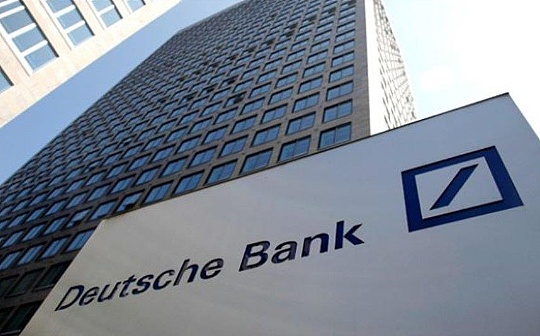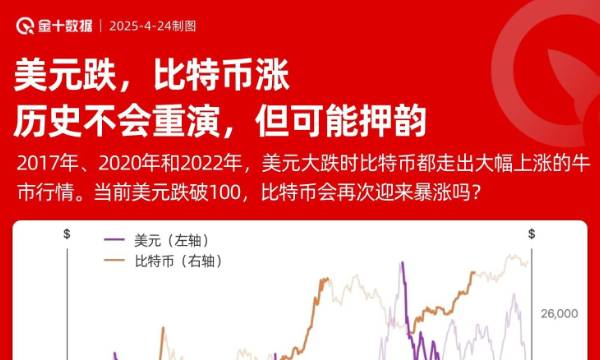Bank of England Governor Bailey said after U.S. President Trump's tariff policies and changing policy formulation led to the sell-off of the dollar and U.S. Treasury bonds,Worries about the US dollar losing its status as a world reserve currency are "exaggerated".
Bailey said Thursday amid warnings about the threat of U.S. dominance in the global economy, “A huge change is needed to change the pattern of reserve currency status”。
"I think a lot of the statement about the status of reserve currencies isExaggerated。”
"A large part of the structure of the market is built around that. It's not just about currency denomination. It's about safe assets as collateral, for example, like U.S. Treasury bonds," he said.
Bailey is responding to growing concerns that the Trump administration's attempt to subvert the world economic order, threatening to undermine the long-standing control of the dollar on global finance. Earlier this week, the dollar fell to a 16-month low, hoping to hit its worst monthly performance in more than two years.
Some analysts, such as Deutsche Bank, warned that recent changes in the market could be a sign of threats to the dollar's world reserve currency status. Earlier this week, ECB Deputy Governor Jindos saidThe euro may become a reserve currency alternative to the US dollar. However, some people are more optimistic about the US dollar.
Usually, the dollar will strengthen as a safe-haven asset during market conflicts, but the dollar has fallen sharply against major currencies since Trump announced widespread global tariffs. Since Trump first announced his "Liberation Day" tariffs in early April,GBP to USDIt has risen 3%, while the euro has risen 5%.
These tariffs have triggered turmoil in global markets and pushed up long-term U.S. Treasury yields. Even if the White House recently adopted a more modest stance, it has failed to significantly help the dollar recover lost territory.
In addition, Bailey said that despite signs of a chilling effect on business investment and consumer confidence,The UK economy is far from recession。
"We see it in investment. It's natural for companies to delay investment decisions. We see it in the consumer side, too. They're even more uncertain."
















No comments yet